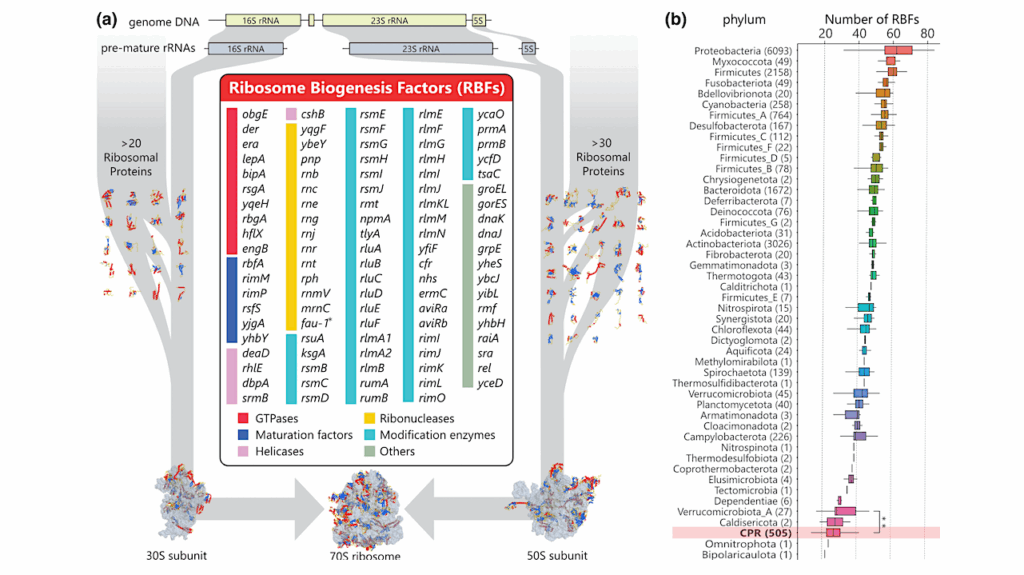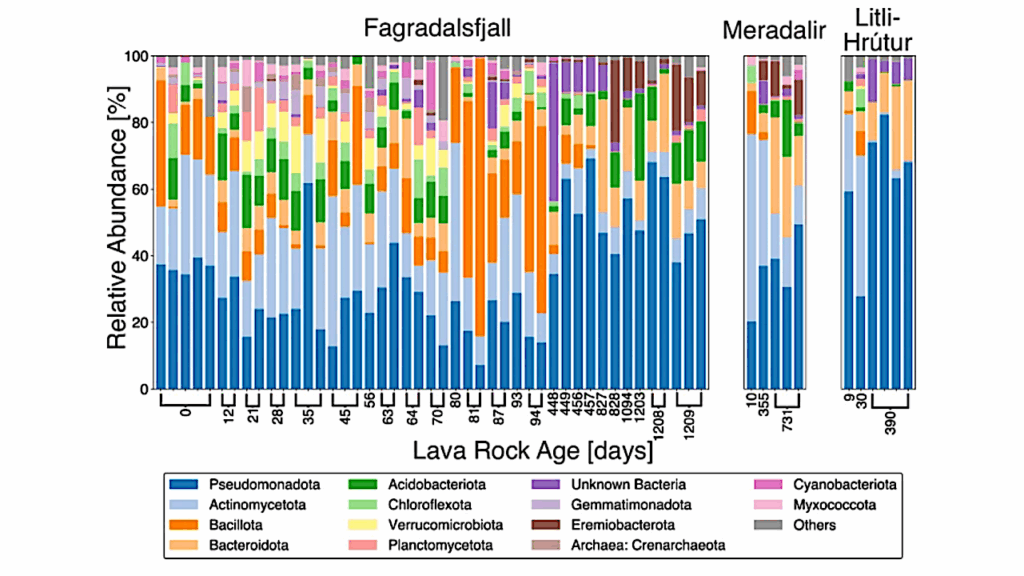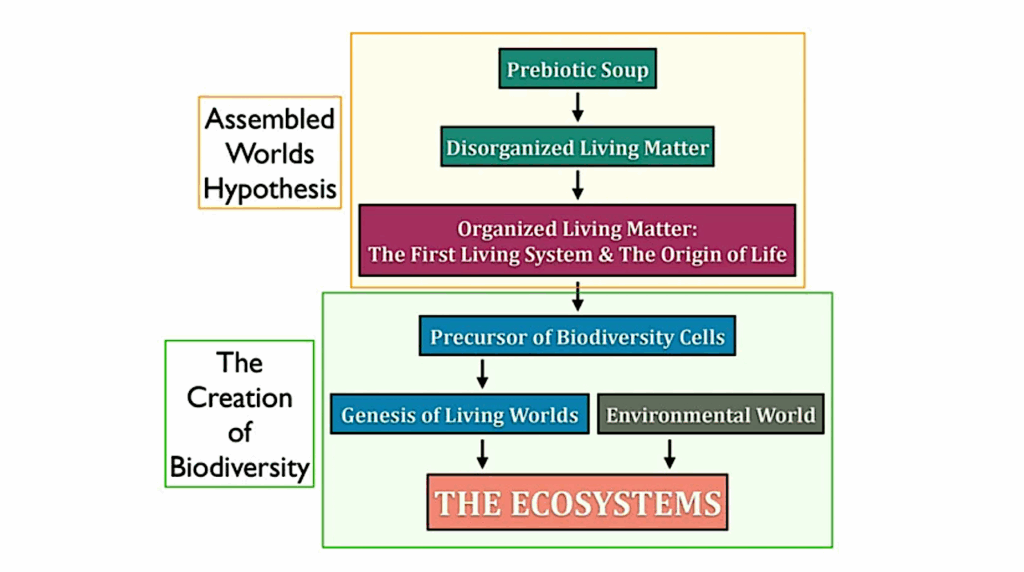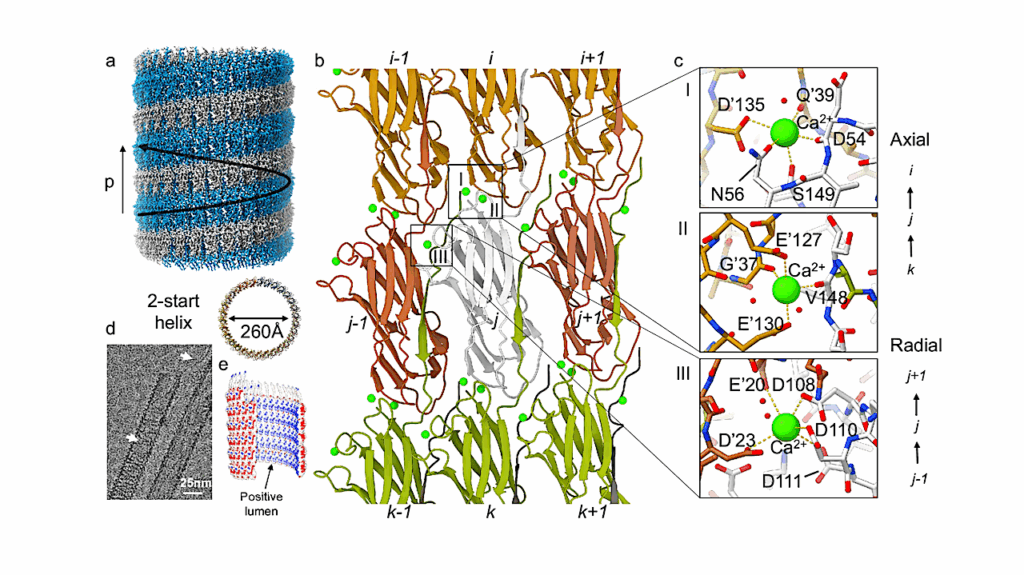Current Knowledge About The Impact Of Microgravity On Gene Regulation

Microgravity (µg) has a massive impact on the health of space explorers. Microgravity changes the proliferation, differentiation, and growth of cells.
As crewed spaceflights into deep space are being planned along with the commercialization of space travelling, researchers have focused on gene regulation in cells and organisms exposed to real (r-) and simulated (s-) µg.
In particular, cancer and metastasis research benefits from the findings obtained under µg conditions. Gene regulation is a key factor in a cell or an organism’s ability to sustain life and respond to environmental changes. It is a universal process to control the amount, location, and timing in which genes are expressed.
In this review, we provide an overview of µg-induced changes in the numerous mechanisms involved in gene regulation, including regulatory proteins, microRNAs, and the chemical modification of DNA. In particular, we discuss the current knowledge about the impact of microgravity on gene regulation in different types of bacteria, protists, fungi, animals, humans, and cells with a focus on the brain, eye, endothelium, immune system, cartilage, muscle, bone, and various cancers as well as recent findings in plants. Importantly, the obtained data clearly imply that µg experiments can support translational medicine on Earth.
https://www.mdpi.com/2073-4409/12/7/1043, Life (open access)
Astrobiology,








